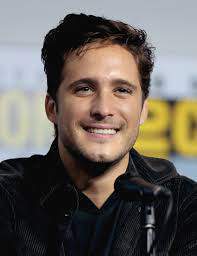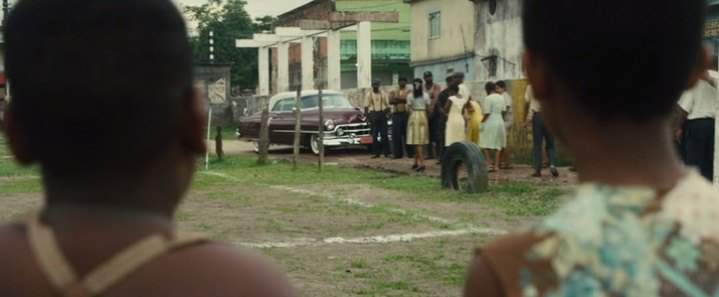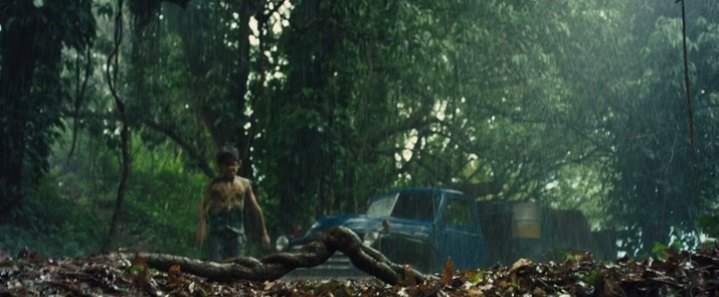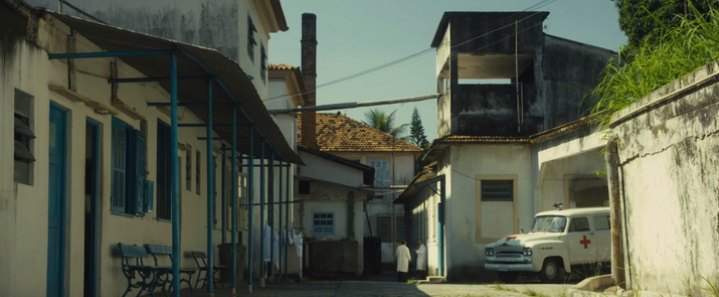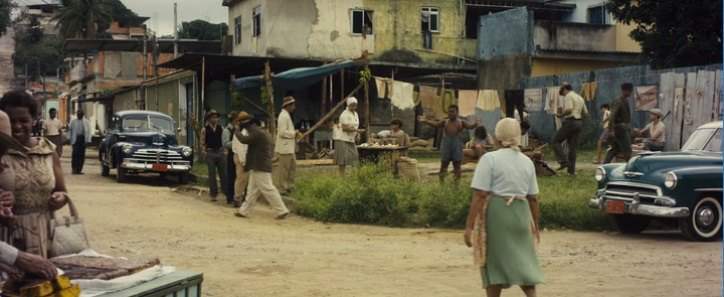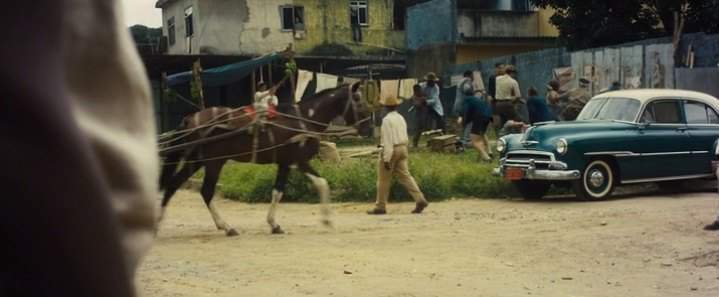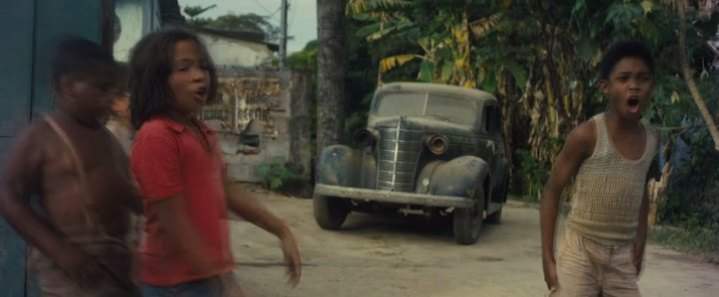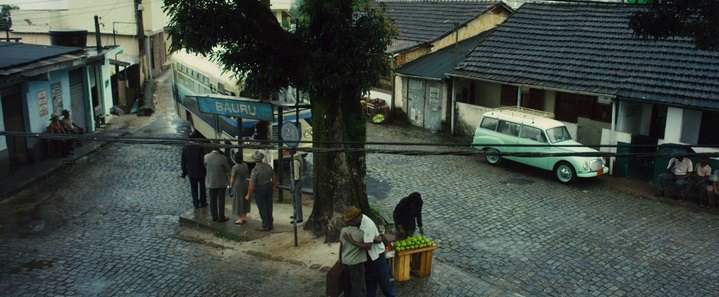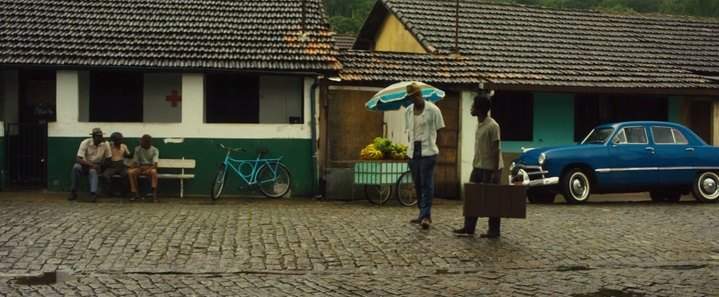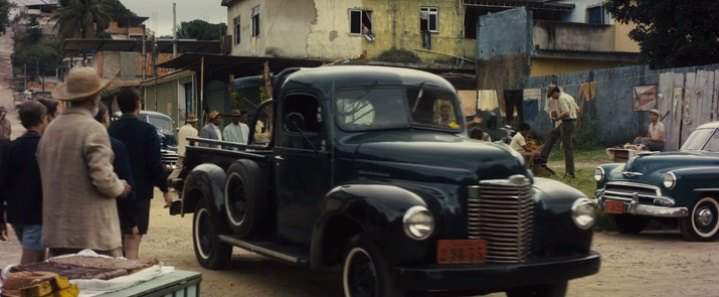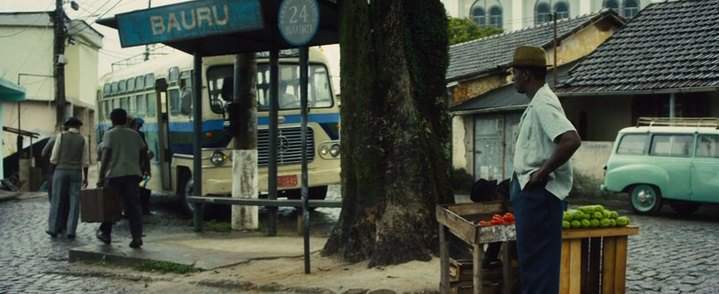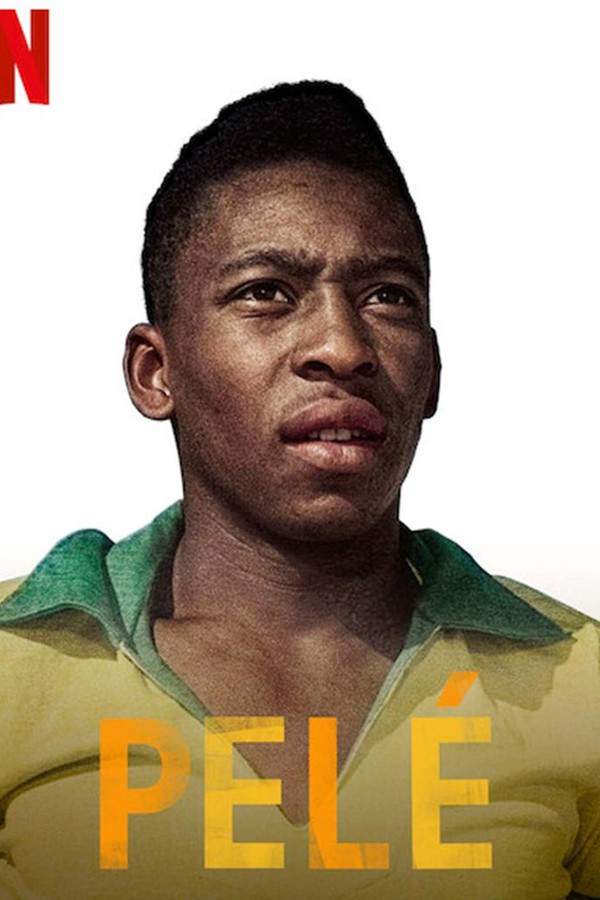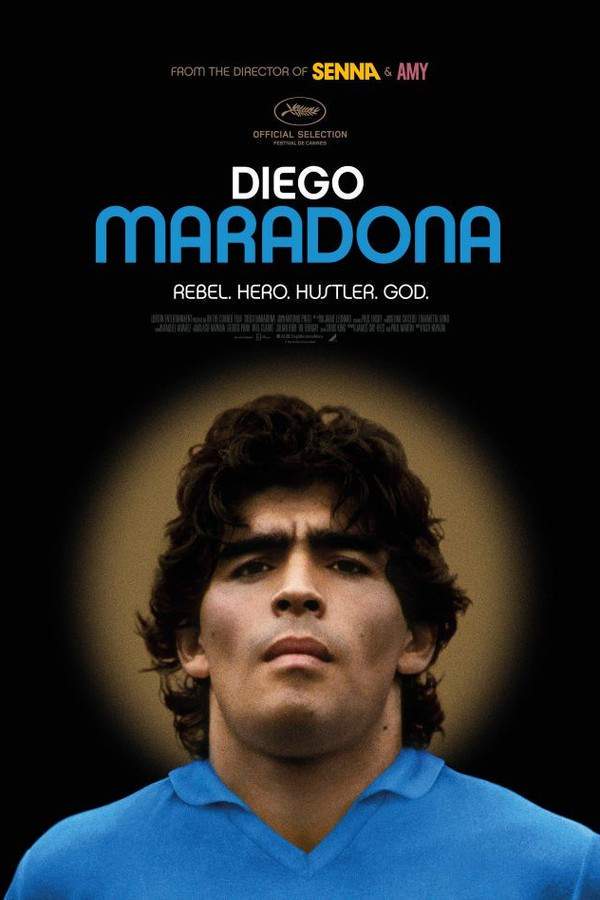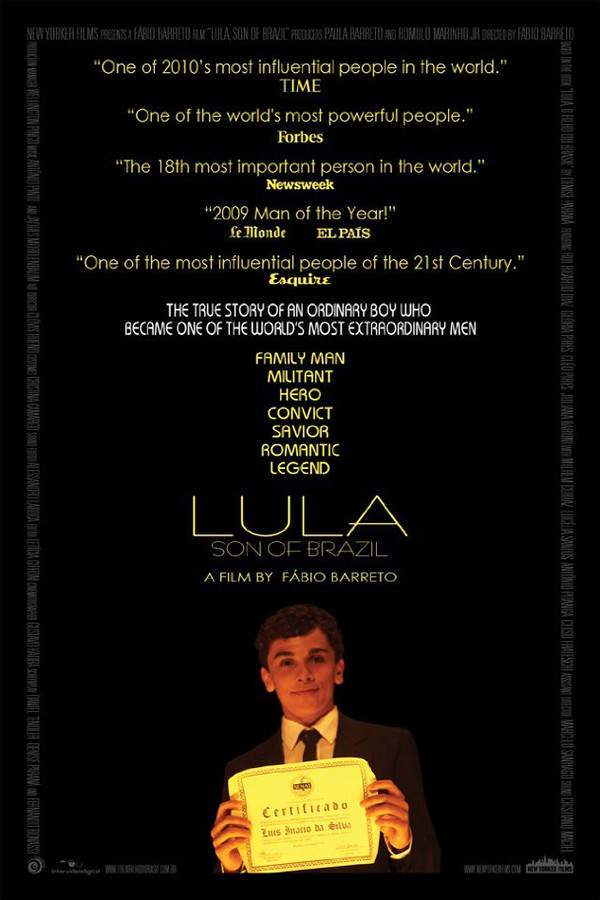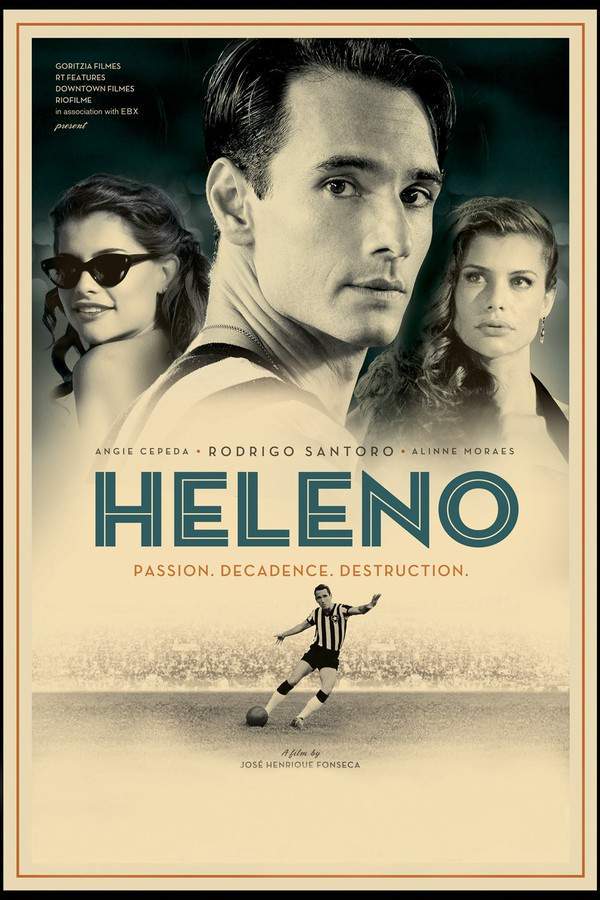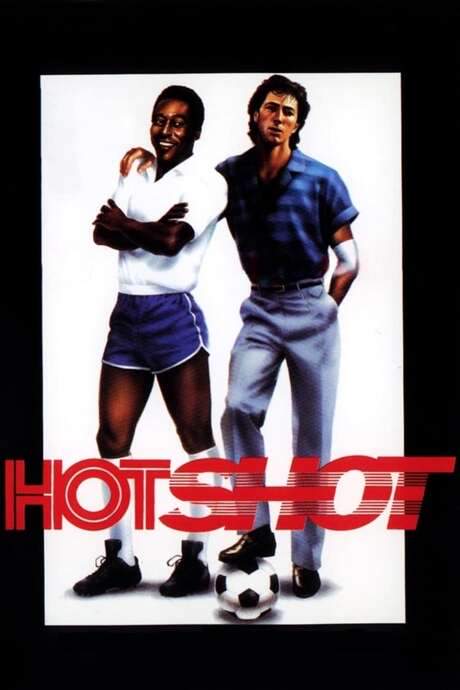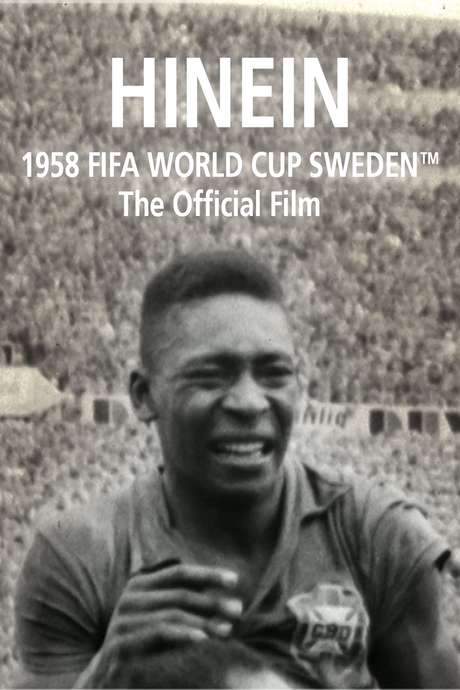Pelé: Birth of a Legend 2016
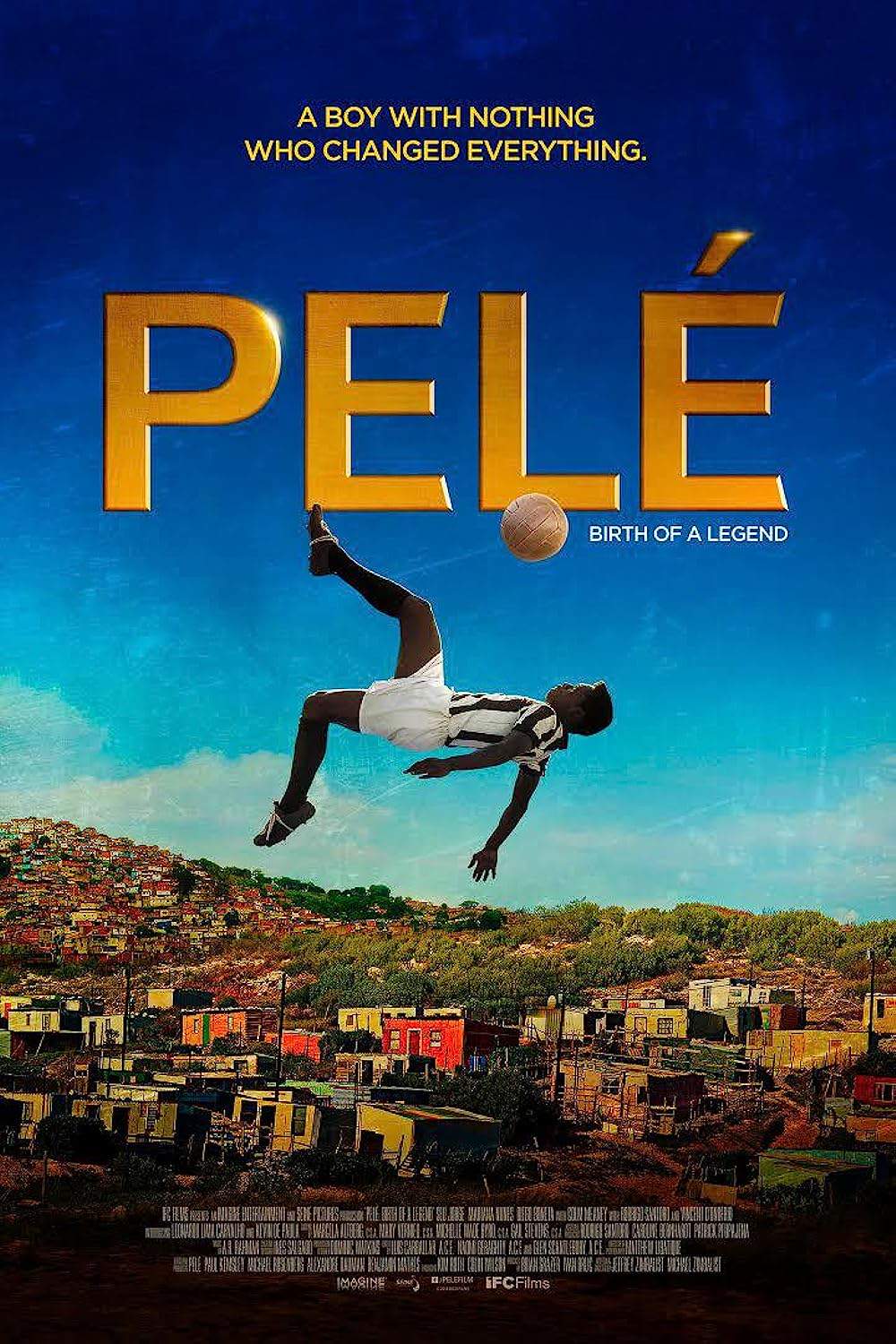
Edison “Dico” Arantes do Nascimento grows up in the dangerous favelas of Brazil, surrounded by a loving family. Football becomes his only passion, though his mother initially forbids him from playing. The film explores his early life and the challenges he faces as he strives to pursue his dream of becoming a footballer, despite the difficult circumstances.
Does Pelé: Birth of a Legend have end credit scenes?
No!
Pelé: Birth of a Legend does not have end credit scenes. You can leave when the credits roll.
Meet the Full Cast and Actors of Pelé: Birth of a Legend
Explore the complete cast of Pelé: Birth of a Legend, including both lead and supporting actors. Learn who plays each character, discover their past roles and achievements, and find out what makes this ensemble cast stand out in the world of film and television.
External Links and Streaming Options
Discover where to watch Pelé: Birth of a Legend online, including streaming platforms, rental options, and official sources. Compare reviews, ratings, and in-depth movie information across sites like IMDb, TMDb, Wikipedia or Rotten Tomatoes.
Ratings and Reviews for Pelé: Birth of a Legend
See how Pelé: Birth of a Legend is rated across major platforms like IMDb, Metacritic, and TMDb. Compare audience scores and critic reviews to understand where Pelé: Birth of a Legend stands among top-rated movies in its genre.

39
Metascore
7.2
User Score

7.1 /10
IMDb Rating

73
%
User Score

3.2
From 60 fan ratings

3.90/5
From 51 fan ratings
Take the Ultimate Pelé: Birth of a Legend Movie Quiz
Challenge your knowledge of Pelé: Birth of a Legend with this fun and interactive movie quiz. Test yourself on key plot points, iconic characters, hidden details, and memorable moments to see how well you really know the film.
Pelé: Birth of a Legend Quiz: Test your knowledge on the incredible journey of Pelé from a young boy to a World Cup champion.
What was Pelé's birth name?
Edson Arantes do Nascimento
Vincent D'Onofrio
Dico
José Altafini
Show hint
Full Plot Summary and Ending Explained for Pelé: Birth of a Legend
Read the complete plot summary of Pelé: Birth of a Legend, including all major events, twists, and the full ending explained in detail. Explore key characters, themes, hidden meanings, and everything you need to understand the story from beginning to end.
Under the mentorship of manager Vicente Feola, young Pelé (played by Kevin De Paula) rises to stardom, harnessing his unique street football talents to lead Brazil to an unexpected victory in the 1958 World Cup held in Sweden, facing off against the reigning Olympic champions, the Soviets.
The Brazilian team, which boasts a diverse and mixed-race lineup, finds itself navigating a series of hurdles, including a backdrop of injuries that complicate their journey toward the finals, ultimately relying on the skills of the 17-year-old reserve player.
Back in 1950, we meet Dico, whose full name is Edson Arantes do Nascimento. At this point in his life, he is a young boy hustling to make ends meet by polishing shoes. He and his friends play football with a makeshift ball made from discarded clothing. During this period, Brazil faces off in the World Cup final against Uruguay. His mother, Celeste, disapproves of Dico’s growing obsession with football and wishes for him to focus on supporting the family, which is struggling financially. In stark contrast, his father, Dondinho, a former footballer, encourages Dico’s aspirations.
The heartbreaking loss in the 1950 final, 2-1 to Uruguay, leaves a profound impact on Dico, who vows to his weeping father that he will one day secure the World Cup for Brazil. Celeste frequently reminds Dico of his father’s untapped potential in the beautiful game, which was tragically cut short by injury, forcing him to take up janitorial work.
While assisting his mother in cleaning a wealthy household, Dico learns that Waldemar De Brito, a former Brazilian footballer and scout, is searching for new talents for his club. Dico’s aspirations lead him to dream of becoming a player like Pelé, even though his friend José teases him with the nickname, which sticks over time.
José Altafini “Mazzola” (portrayed by Diego Boneta), comes from a wealthy family and takes pleasure in bullying Dico. During the selection trials, Dico’s team struggles financially, lacking proper footwear. Faced with defeat, Dico’s friend helps them secure some old shoes just in time for their match against José’s snobbish team.
The climactic final match sees Dico initially down 6-0, but with unwavering spirit and keen focus on his father in the audience, he plays barefoot and showcases his natural ability, bringing the score closer to 6-5 by the end. The buzz around Dico’s talent grows, catching the eye of Brito, who soon attempts to recruit him despite Celeste’s strong opposition. Following some tough training sessions with Dondinho, Pelé receives the chance he dreams of, joining the Santos football club at just 15 years old, despite initial struggles and a lack of confidence.
With Brito’s encouragement about the rich history of football, Pelé takes charge of his playing style, shaking off the shackles imposed by his coach. His phenomenal skills earn him a spot on both the junior and professional teams, eventually culminating in his selection for the Brazilian team in the 1958 World Cup—despite only being 16 years old.
As the team prepares, their coach, Feola, battles with the tension between adopting the traditional Ginga style versus modern European tactics, which had previously contributed to Brazil’s loss in the 1950 final. Pelé struggles with this balancing act but ultimately finds his rhythm again, leading to an inspiring series of performances.
In the decisive matches—the group stage against Austria, a tense game against England, and a challenging encounter with the Soviets—Pelé defies the odds while battling through physical limitations, demonstrating sheer determination. The semi-final against France proves to be a crucial turning point, as Pelé regains his confidence and plays true to his roots, scoring a hat-trick to lead Brazil to a 5-1 victory.
As they reach the final against Sweden, the local team is determined to neutralize Pelé’s influence. However, inspired by the support of the crowd, he channels the Ginga style, evading defenders and collaborating seamlessly with his teammates. With a thrilling performance that leads him to score two goals, Pelé helps Brazil secure a stunning 5-2 victory in the final.
By 1961, Pelé is hailed as a national treasure, going on to win two more World Cups in 1962 and 1970, and etching his name into history as the youngest player ever to win a World Cup at just 17 years old. He remains the only athlete to have achieved the remarkable feat of winning three World Cups, cementing his legacy in the annals of football history.
Uncover the Details: Timeline, Characters, Themes, and Beyond!

Coming soon on iOS and Android
The Plot Explained Mobile App
From blockbusters to hidden gems — dive into movie stories anytime, anywhere. Save your favorites, discover plots faster, and never miss a twist again.
Sign up to be the first to know when we launch. Your email stays private — always.
Watch Trailers, Clips & Behind-the-Scenes for Pelé: Birth of a Legend
Watch official trailers, exclusive clips, cast interviews, and behind-the-scenes footage from Pelé: Birth of a Legend. Dive deeper into the making of the film, its standout moments, and key production insights.
Cars Featured in Pelé: Birth of a Legend
Explore all cars featured in Pelé: Birth of a Legend, including their makes, models, scenes they appear in, and their significance to the plot. A must-read for car enthusiasts and movie buffs alike.
Pelé: Birth of a Legend Themes and Keywords
Discover the central themes, ideas, and keywords that define the movie’s story, tone, and message. Analyze the film’s deeper meanings, genre influences, and recurring concepts.
Pelé: Birth of a Legend Other Names and Titles
Explore the various alternative titles, translations, and other names used for Pelé: Birth of a Legend across different regions and languages. Understand how the film is marketed and recognized worldwide.
Similar Movies To Pelé: Birth of a Legend You Should Know About
Browse a curated list of movies similar in genre, tone, characters, or story structure. Discover new titles like the one you're watching, perfect for fans of related plots, vibes, or cinematic styles.
Quick Links: Summary, Cast, Ratings, More

What's After the Movie?
Not sure whether to stay after the credits? Find out!
Explore Our Movie Platform
New Movie Releases (2026)
Famous Movie Actors
Top Film Production Studios
Movie Plot Summaries & Endings
Major Movie Awards & Winners
Best Concert Films & Music Documentaries
Movie Collections and Curated Lists
© 2026 What's After the Movie. All rights reserved.







